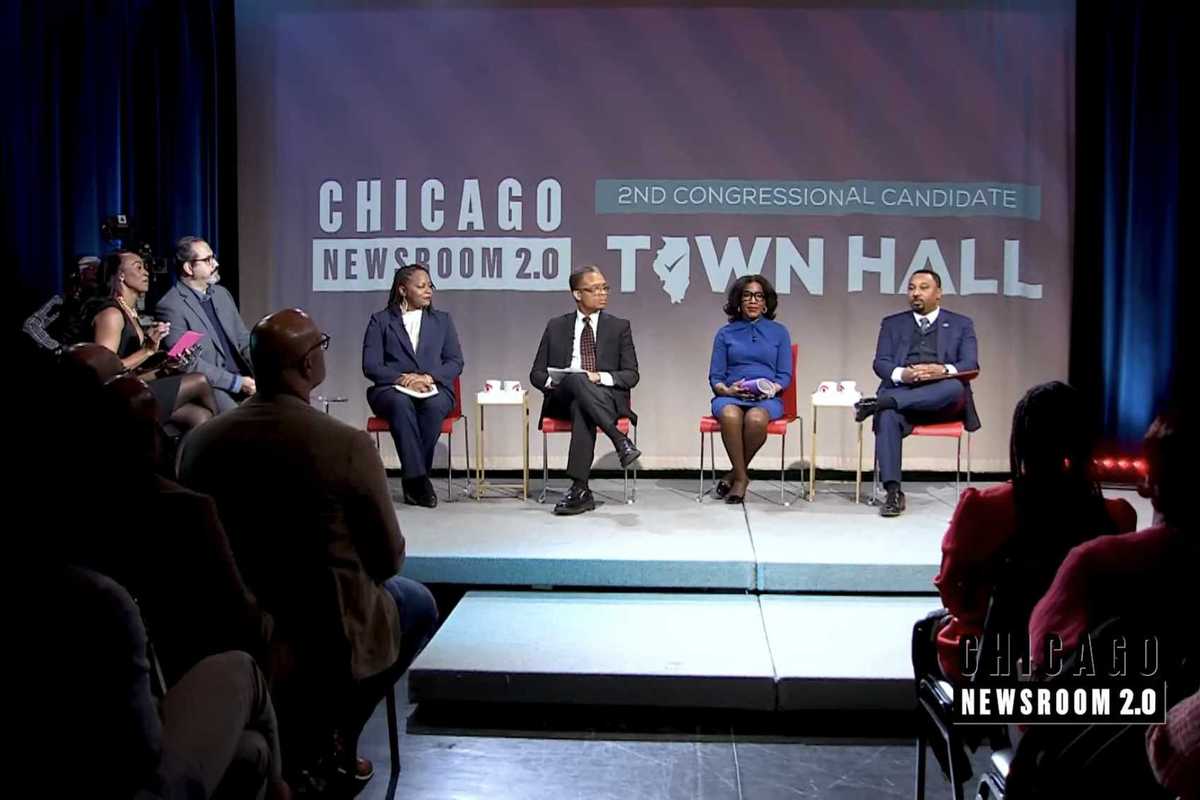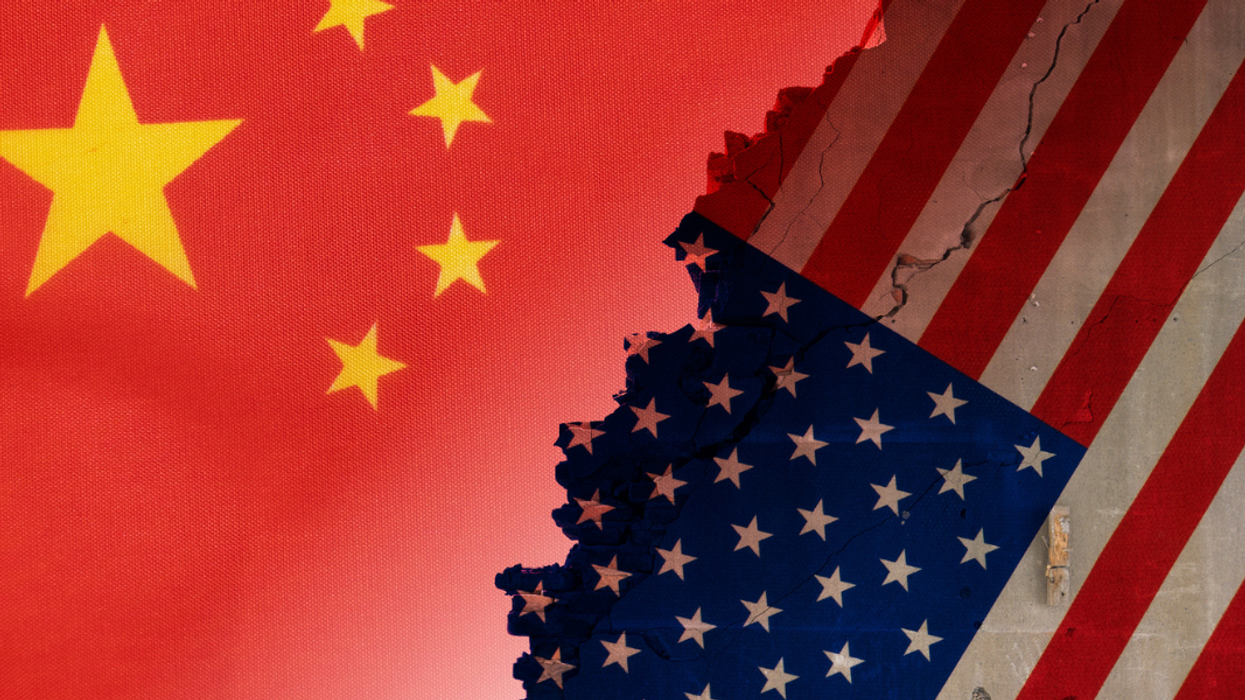William Natbony is an attorney and business executive specializing in investment management, finance, business law and taxation. He is the author of The Lonely Realist, a blog directed at bridging the partisan gap by raising questions and making pointed observations about politics, economics, international relations and markets.
In a recent editorial in the New York Times, Tom Friedman focused on how trust has evaporated. Although his subject was U.S.-China relations, the sad fact is that the 21st Century’s loss of trust is broader and far more dangerous, internationally and everywhere in between. However, the consequences of the ongoing global contest between America and China is an appropriate starting point in addressing the question of how best to rebuild trust.
Friedman’s thesis is that with the U.S. and China exchanging dual-use imported and exported goods and services, that are both products and potential weapons, neither side trusts the other to refrain from using the aforementioned for military, cyber, geopolitical and other hostile purposes. Assurances by one appears disingenuous to the other. Reasons for America’s mistrust include Communist Party control over Huawei, TikTok and other international champions, China’s aggressive militarization of strategic islands in the East and South China Seas, its accelerated take-over of Hong Kong, resistance to investigating the origins of COVID-19, its unprecedented peacetime military build-up, its suppression in Xinjiang, and its flaunting of World Trade Organization rules.
Examples of the United States’ untrustworthiness rest on its broken promises and inconsistency (including with respect to the Iran treaty), the weaponization of the SWIFT Dollar payment system, America’s imposition of economic sanctions against countries, companies and individuals that don’t “kow-tow” to America’s demands, and Presidents Obama’s and Trump’s “tough-talk-with-no-action” in places like Syria and North Korea, as well as America’s military and economic response to Russia’s invasion of Ukraine, America’s “pivot to Asia” intended to suppress China’s rise, and the reversal of President Nixon’s one-China policy in the face of China’s avowed intent to absorb Taiwan.
Put another way, the U.S. views China’s Communist Party-run authoritarian police-state as antithetical to the democratic principles and world order championed by the U.S., while China sees America as a decadent democracy desperately trying to hold onto power, wedded to a post-WWII world order that it is incapable of leading, with inconsistent policy-execution and a deteriorating ability to counter rising Chinese power. Each country’s actions thereby are intended to respond to the perceived threats posed by the other’s perfidious policies in a cycle that generates escalating distrust, and that suggests that the two countries indeed may be Destined for War (as Graham Allison has warned).
A Russian proverb warns not to trust without verification. “Trust but verify” was a 20th Century geopolitical prescription for de-escalation of incipient conflicts, successfully pursued by President Reagan in the 1980s to reduce Cold War tensions and achieve bilateral nuclear disarmament. Unfortunately, “trust but verify” is not a workable solution in the 21st Century. There is no effective method for verifying the purely peaceful use of digital information, technology and data and no means today for confirming what is going on behind the proverbial curtain. Although compliance with potential disarmament agreements might be made effective by remote monitoring of nuclear weaponry, missiles, and troop deployments, doing so with respect to information, technology and data would require a level of mutual cooperation impossible with China’s Orwellian police-state.
America consequently needs to focus on keeping its Chinese adversary closer, and its friends terribly close, as Sun Tzu advised in his textbook for tactical success, The Art of War. The sad fact is that America’s international influence has waned, largely due to inconsistent policies alternately pursued by the G.W. Bush, Obama, Trump and Biden administrations. Rebuilding international trust therefore will require consistent policy execution coupled with slow and arduous dialogue, a gradual pulling back from confrontations, and an increase in political and military communications.
China has built its strength by increasing its global presence as America has withdrawn from global commitments, reduced its international military presence and beggared its diplomatic outreach. China not only has pursued its Belt and Road Initiative, but has become the primary trading partner for a majority of Asian, African and South American countries, today being the leading lender to many of them.
China’s international influence-building has insulated it from the pressures necessary to require cooperation and the negotiation of appropriate verification mechanisms. Where America stepped back from international relationship-building, China has stepped forward and, by doing so, bought for itself international influence that has empowered its Orwellian militarism. Without foreign policy consistency, America will continue to erode its international influence, alienating friends and empowering enemies. Without a consistent policy of international economic influence-building, America will continue to cede leverage to China. America’s failure to build bridges with China – with the type of carrot-and-stick diplomacy employed by the Reagan Administration in the 1980s – and, at the same time, draw clearer red lines that would trigger American retaliation (which the Biden Administration admittedly has begun doing), have empowered China and its Axis allies. The fact is that the combination of America First isolationism and American cultural puritanism have undermined American power and influence. Examples abound: Although America’s NATO allies were not fulfilling their military spending obligations, that did not alter their importance as strategic and geopolitical partners; however, it did alter the Trump Administration’s European and Russian policies, and although Saudi Arabia’s ruler ordered the dismemberment of Jamal Khashoggi, that did not alter the economic and geopolitical importance of Saudi Arabia. However, it did alter Biden Administration policy. U.S. foreign policy must focus on national priorities without applying political or moralistic filters. The task is to build bridges that both increase America’s international influence and create economic, political and cultural commonalities that align interests and deter conflict.
Not surprisingly, trust-building has become a lost American art. Democrats and Republicans are consumed by political, moral and cultural distractions rather than with policy-making that furthers the nation’s welfare. The two parties have abandoned joint international and domestic bridge-building in favor of flag-waving and internal confrontation. Trust flows from finding commonalities. If America’s politicians cannot bridge their domestic trust chasm, there is little hope that the U.S. will be able to prevail in its escalating global conflicts, including those with China.



















